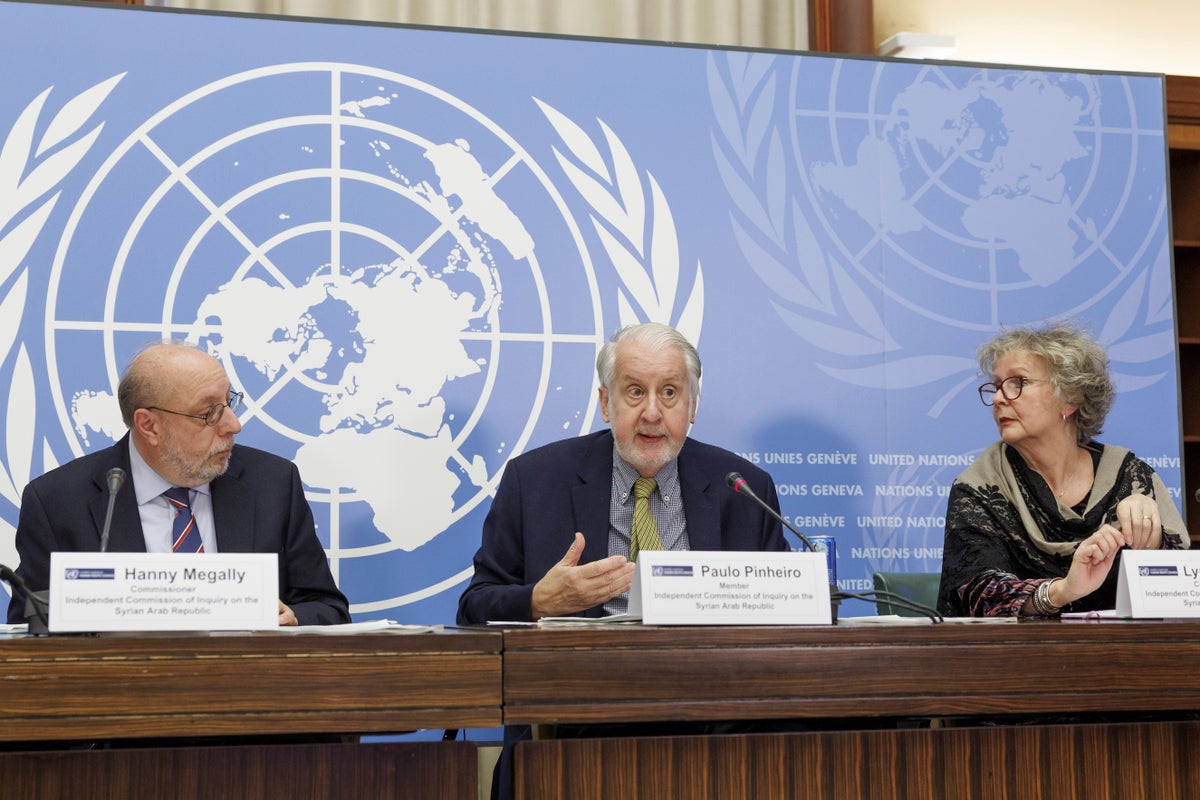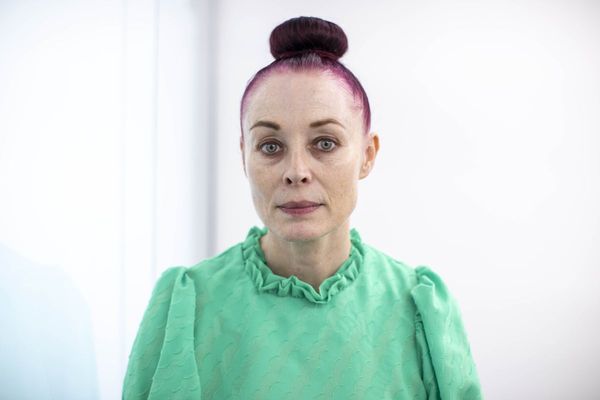
The international community and the Syrian government did not act quickly last month to help people in need in the rebel-held northwest after a deadly earthquake hit Turkey and Syria, a U.N. commission said Monday.
The Feb. 6 magnitude 7.8 earthquake and strong aftershocks that ravaged southern Turkey and northwestern Syria killed more than 50,000 people, including over 6,000 in Syria.
The Independent International Commission of Inquiry on Syria said there should be an investigation into why it took a week to open border crossings for aid to flow. It added that war-torn Syria “now needs a comprehensive cease-fire that is fully respected” for civilians, including aid workers, to be safe.
It took a week for the U.N. and Syria’s President Bashar Assad’s government to agree on opening two more border crossings into the rebel-held region bordering Turkey as many people were still under the rubble.
“Since the earthquake, we have seen many acts to help victims by the Syrians themselves,” commission member Paulo Pinheiro said during a news conference in Geneva. He added that “we also witnessed a complete failure by the government and the international community including United Nations to rapidly direct urgent lifesaving aid for northwest Syria."
“Many days were lost without any aid to survivors of the earthquake,” Pinheiro said. “Actors didn’t rapidly direct urgent lifesaving aid to northwest Syria which became the epicenter of neglect.”
A week after the earthquake, the U.N. announced that Syrian President Bashir Assad agreed to open for three months two new crossing points from Turkey to the country’s rebel-held northwest to deliver desperately needed aid and equipment to help earthquake victims. Before that, the U.N. had only been allowed to deliver aid to the northwest Idlib area through a single crossing at Bab Al-Hawa, at Syrian ally Russia’s insistence.
“They failed to deliver international emergency support including rescue teams and equipment in the vital first week after the earthquake,” Pinheiro said, adding that “Syrians, for good reasons, felt abandoned and neglected by those who (are) supposed to protect them in their most desperate time.”
“Many voices are rightly calling ... for an investigation and accountability to understand how this failure, this disaster happened beyond the earthquake,” Pinheiro said.







